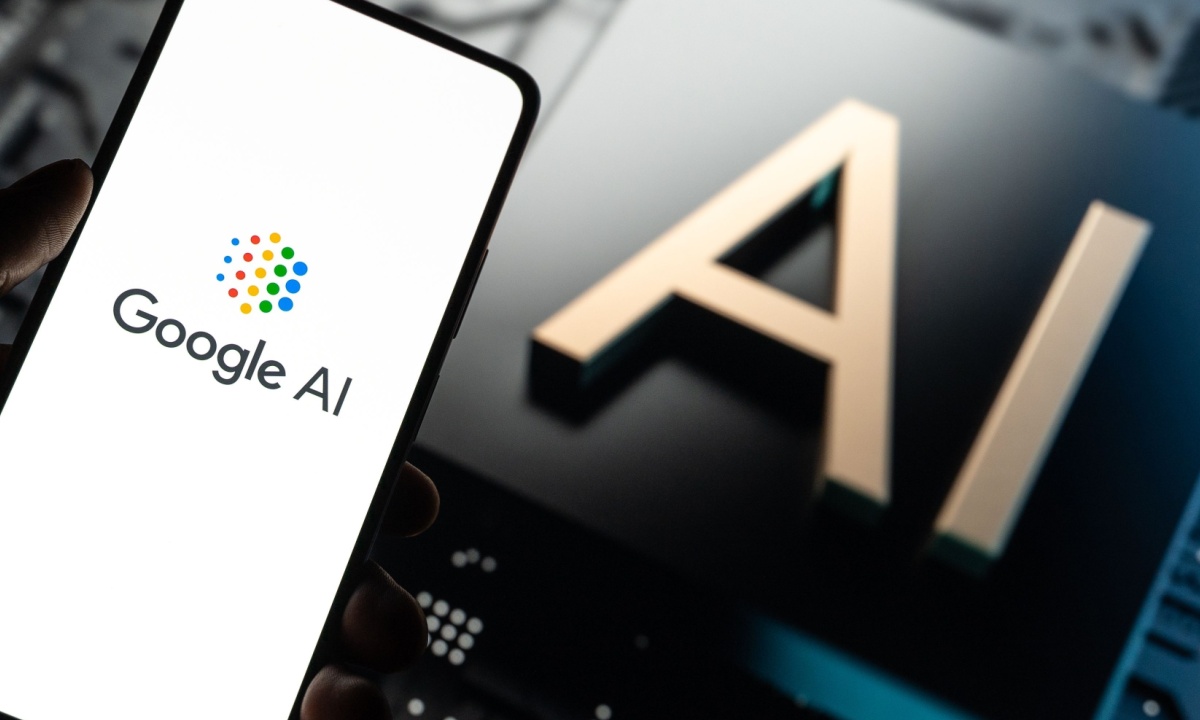Google is reportedly developing an artificial intelligence (AI) technology that can take over web browsers.
The tech giant plans to show off this AI product — which carries the codename “Project Jarvis” — as soon as December, when it rolls out its next Gemini large language model, The Information reported Saturday (Oct. 26).
OpenAI is working on an AI model that could conduct research by browsing the web autonomously with the help of a computer-using agent, or CUA, that can take actions based on its findings.
However, the report said, Google would take the concept further with software that can directly interact with a user’s browser.
PYMNTS has contacted Google for comment but has not yet received a reply.
The news comes days after AI company Anthropic launched a new capability dubbed “computer use” that lets its AI interact with users’ computer screens.
As reported here, this tool allows Anthropic’s AI to interpret on-screen content and, with user consent, carry out tasks such as web browsing, button clicking and text input.
“This development marks a shift in AI assistance technology, as it can process real-time screen activity rather than relying on back-end application integrations,” PYMNTS wrote.
In a demonstration, the system showed off its abilities by planning a morning hike near the Golden Gate Bridge, autonomously seeking out trails, checking sunrise times and creating calendar invites with detailed info about proper hiking attire.
“The release comes amid growing industry interest in AI agents that can operate with minimal human oversight,” PYMNTS wrote. “While companies like Microsoft and Salesforce have recently introduced their agent tools for workplace tasks, Anthropic’s approach differs in that it focuses on direct screen interpretation rather than application-specific integration.”
And as argued here in a separate report, Anthropic’s move puts the company in direct competition with the likes of Google and Microsoft, which are attempting to automate routine computer tasks for businesses looking to increase productivity and reduce costs.
While past AI tools have focused on text and image generation, these new agents mark an evolution toward AI systems that can actively manipulate software and carry out complex workflows with human oversight kept to a minimum.
“Agentic AI is set to redefine industries over the next three years, with its ability to operate autonomously and make decisions without human intervention,” Dan Parsons, COO/CPO at Thoughtful AI, told PYMNTS.
“The greatest impact will be seen in areas like system administration, operations, customer service, and complex decision-making, where AI can drastically improve efficiency, reduce costs, and unlock new levels of scalability.”
For all PYMNTS AI coverage, subscribe to the daily AI Newsletter.

